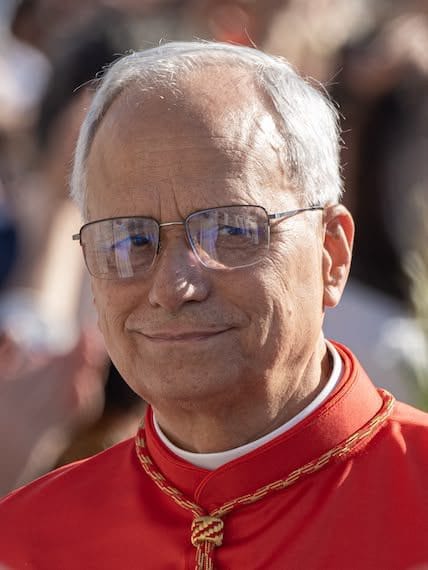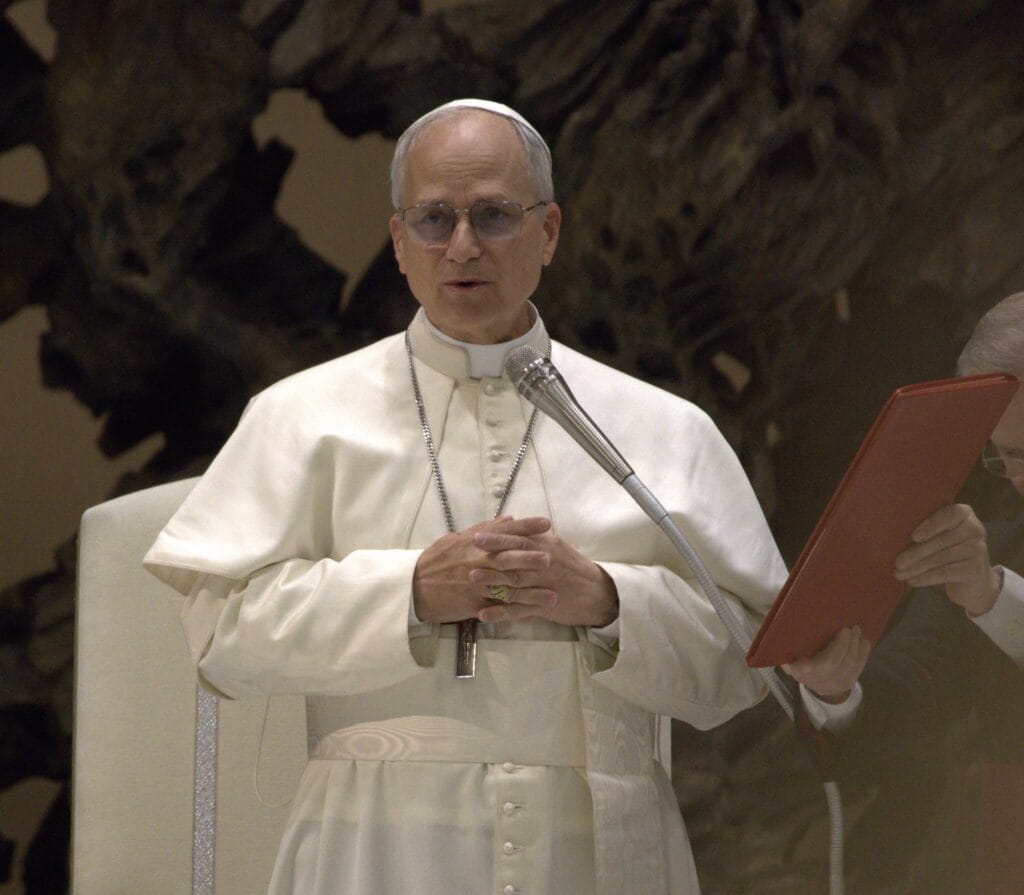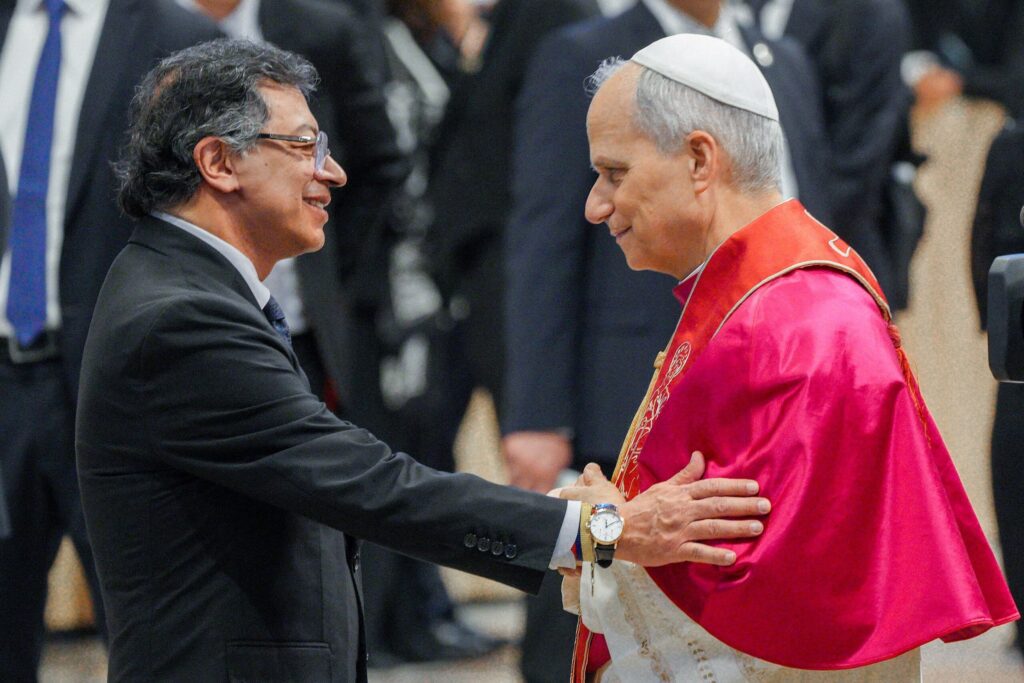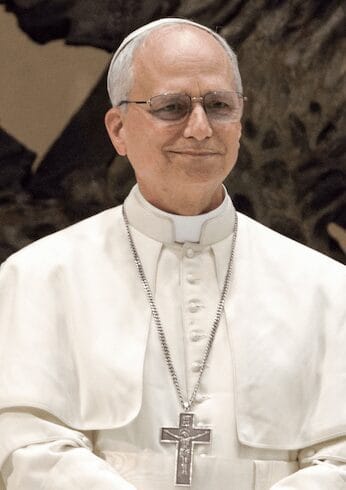A title that says it all: the echo of a divine love
The first word of Leo XIV's first great text is already a world in itself: Dilexi te, “I have loved you.” Three Latin words that carry the density of the entire Gospel. The new pope, successor to Francis, has chosen to place his pontificate under the sign of love received and given—not an abstract love, but one that passes through the faces, the hands, the wounds of the world.
This exhortation, signed on October 4—the feast of Saint Francis of Assisi—is part of a specific spiritual tradition. Francis of Assisi, Pope Francis, and now Leo XIV: three names, one call. This text thus becomes a passing of the baton, both theological and human.
Love is not a secondary feeling; it becomes the criterion of true worship, writes the Pope in §42. The relationship with God does not exist without closeness to the poor. This is the beating heart of Dilexi te.

In the light of Francis: an assumed continuity
A four-handed work
Leo XIV makes no secret of the fact that the exhortation stems largely from the work begun by Pope Francis. Just as Benedict XVI saw one of his texts finalized by his successor, Francis, in Lumen Fidei, so Leo XIV makes history by signing a text that stems from this same continuity.
"Having received this project as a legacy, I am happy to make it my own," he confides at the outset. This choice is not just a matter of humility: it is an act of unity. It demonstrates a Church that does not change course with each pope, but advances, step by step, along the same Gospel path.
The legacy of the “pope of the poor”
Francis wanted Christ's love to be lived through encounters with the most deprived. Leo XIV embraced this path as his own. Not simply in application, but in deepening it. Where Francis opened pastoral paths, Leo XIV wanted to root a lived theology of charity.
Dilexi te takes up the idea that love for the poor is not a moral consequence of faith, but a theological place where God reveals himself: "Contact with those who have neither power nor greatness is a fundamental way of encountering the Lord of history." These words, of a rare biblical and social density, sum up the spirituality of the new pope.
A deeply spiritual text
Charity as true worship
This is not a text on social economics or a political program. Leo XIV does not propose an administrative reform of the Church, but an interior conversion. On several occasions, he reminds us that "charity is not optional." It is the place where faith becomes flesh.
He evokes the liturgy, service, and contemplation. Everything takes on meaning through charity received and given. The poor become, in his words, a "sacramental presence of the Lord," echoing the teachings of Saint Augustine.
In the Franciscan spirit, the Pope associates the poverty of Christ with the wounds of the modern world: precariousness, migration, urban solitude. His message: to recognize in these distresses the very call of God.
A simple language for a demanding reality
Leo XIV's style, although partly inherited from Francis, remains personal. Less colloquial, more meditative, he speaks directly to the heart. His vocabulary is that of a religious man trained in the school of Augustine: faithful to the text, a friend of silence, precise in his nuances.
Throughout the 121 paragraphs, we perceive his concern to be understood by all: priests, lay people, young people, those seeking meaning. He speaks like a pastor who does not theorize, but shares the experience of incarnate love.

Leo XIV, an Augustinian on the throne of Peter
A strong spiritual brand
Robert Francis Prevost, before becoming pope, was an Augustinian monk and a missionary in Peru. This dual background deeply permeates the text. The intelligence of tradition is combined with compassion on the ground.
In a key passage (§44), he quotes Augustine: "True Christians do not neglect love for the most deprived." Then he comments: "The poor are not only a person to be helped, but the sacramental presence of the Lord." These words summarize an entire spiritual program.
By placing Augustine alongside Francis, Leo XIV rereads two great currents of the Church - contemplative and fraternal - in a single light: that of operative charity.
The strength of beggars
As a son of a mendicant order, Leo XIV also recalls the vocation of poverty of religious communities. Not a poverty endured, but chosen, "out of love for the One who had nowhere to lay his head."
This perspective runs through Dilexi te: to become poor in order to love as God loves. Not out of evangelical romanticism, but to become free from any attachment that prevents service.
Figures of Charity: An Inspiring Pantheon
Fifty witnesses of Christ's love
One of the most striking aspects of the text is the long gallery of spiritual figures cited: from Fathers of the Church such as John Chrysostom to Sister Emmanuelle, including Louise de Marillac, Francis of Assisi and Mother Cabrini.
This diversity expresses the universality of charity: so many cultures, eras, states of life, and yet the same inner fire. The Pope thus shows that holiness is not uniformity, but unity in active love.
Eight French figures in the spotlight
The text gives a special place to France, which it describes as "a land of compassion and missionary audacity." Among the saints mentioned are Vincent de Paul, Louise de Marillac, Thérèse of Lisieux, Charles de Foucauld, and of course Sister Emmanuelle.
Through them, Leo XIV recalls that French charity, from Paris to Marseille, has often borne the visible fruits of service to the poor, in the same alleys where God allows himself to be touched.

A pontificate under the sign of social doctrine
Homage to Leo XIII
By choosing the name Leo, the new pope explicitly placed himself under the patronage of Pope Leo XIII, father of the Church's social doctrine. In Dilexi te, he cites his encyclical Rerum Novarum (1891), a founding text on the dignity of work and social justice.
Leo XIV speaks of a "century of social doctrine," showing that this reflection does not belong to the past. The Church today, he emphasizes, must continue this mission in a world where inequalities have simply changed: digital insecurity, ecological neglect, soulless profits.
Continue to act for a just social order
Leo XIV did not propose political programs, but called Christians to "a social imagination of charity." He invited the transformation of exclusionary structures through work, solidarity, and concrete fraternity: that of volunteering, associations, and committed families.
A message for our time
Unity in diversity
From May 8, the day of his appearance on the balcony of St. Peter's, Leo XIV showed himself to be a man of unity. His exhortation confirms this intuition: communion precedes action. In a world that is tearing itself apart, he advocates the reconciliation of hearts.
This is not a text of rupture, but of heritage and evolution. It seeks to reconcile spiritual interiority and concrete commitment, the contemplation of Christ and presence to one's neighbor.
A frank but peaceful tone
Although he appears gentle in character, the Pope does not hesitate to denounce spiritual conformism. "It is not possible to forget the poor if we do not want to leave the living current of the Church," he says. His tone is calm, but his conviction firm. He calls for us to leave behind a superficial faith and enter into the depths of active love.
Towards a Church of the Heart
The call for the conversion of communities
Leo XIV concludes his exhortation not with instructions, but with a prayer. He invites every Christian community to become “an oasis of mercy.” The phrase recurs five times throughout the text: an oasis, not a fortress.
In this way, he paints a portrait of an open, hospitable Church, ready to welcome human wounds without judgment.
Poverty as a path to joy
If Dilexi te is rooted in the world's pain, it flourishes in joy. The Pope speaks of a joy that is "simple and tranquil, the fruit of those who have given everything." Far from triumphant hymns, it evokes an evangelical happiness, that of discreet service.
Love for the poor thus becomes not a burden, but a source of life. It is the evangelical reversal par excellence: he who gives receives, he who humbles himself is exalted.

A programmatic exhortation: an overall reading
A theological common thread
Three main axes structure the text:
- The reception of love : God loves first, and his love is the foundation of the Christian's vocation.
- Mediation of the poor : to meet the poor is to receive the incarnate Word.
- Charity as a transformation of the world : faith becomes history when it changes inhuman structures.
Here Leo XIV links Augustinian contemplation and Franciscan action: a marriage of charisms.
A “programmatic” text in the strong sense
Dilexi te is not an encyclical, but it sets the tone for the pontificate. By signing it in his first year, Leo XIV indicated that he wanted to place all his actions under the banner of incarnate love and social justice.
Like Evangelii Gaudium for Francis, it became the introductory charter of his pontificate. And already, we can sense the following lines: a reform of pastoral service, a Church of proximity, and increased attention to the spiritual formation of the laity.
A love that governs
With Dilexi te, Leo XIV does not propose a doctrinal novelty, but a conversion of outlook. Where the world seeks profitability, he invites us to the fruitfulness of giving. Where society divides, he advocates communion.
His motto—“I have loved you”—thus becomes a manifesto. It is not a sentimental declaration, but a theological and pastoral orientation. To love is to reign. To give is to lead. To serve is to govern.
In this, Leo XIV inaugurates a pontificate of gentleness and courage, in fidelity to Francis and the depth of Augustine, under the light of the poor and loving Christ.
s



